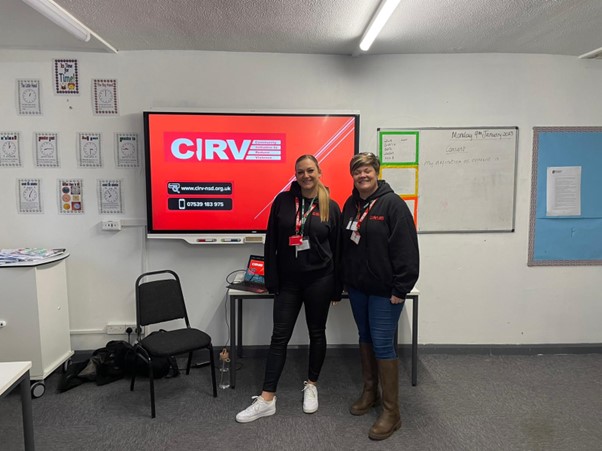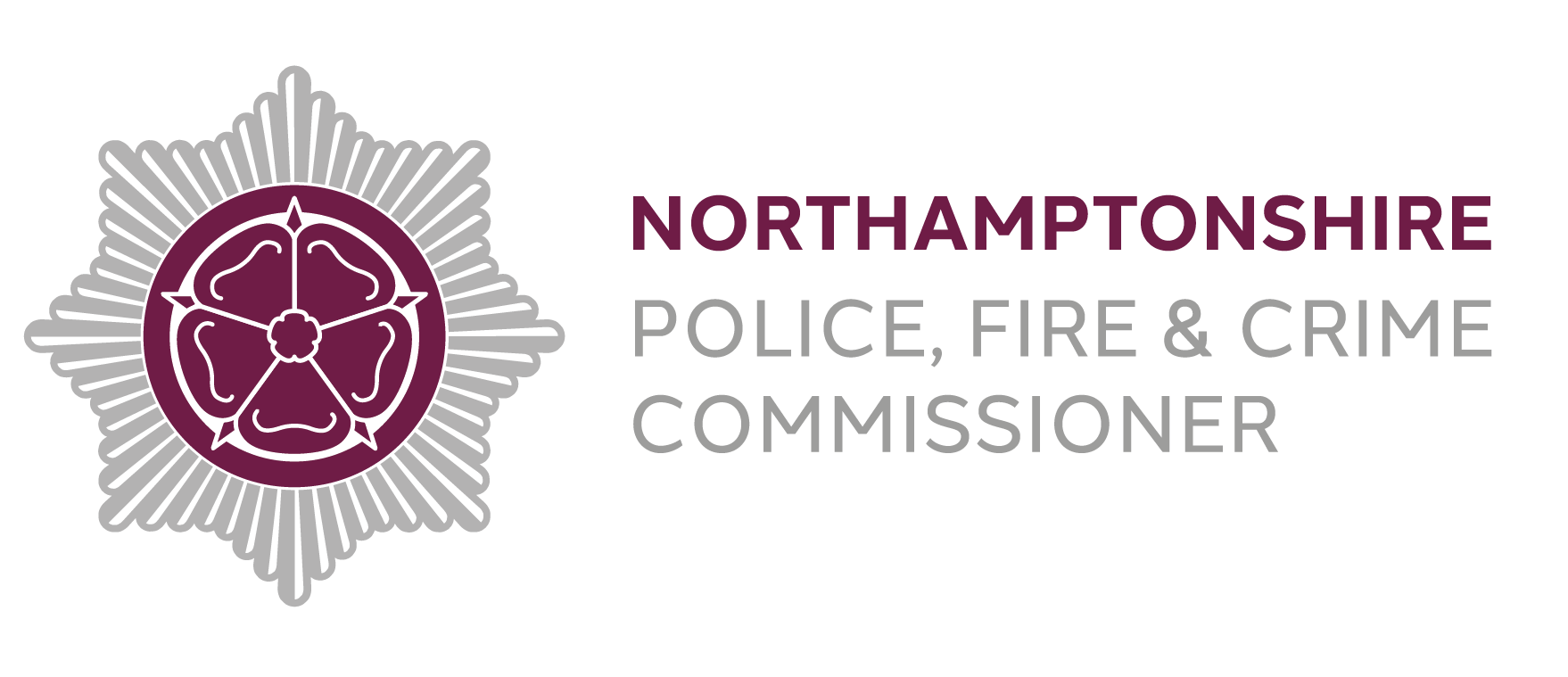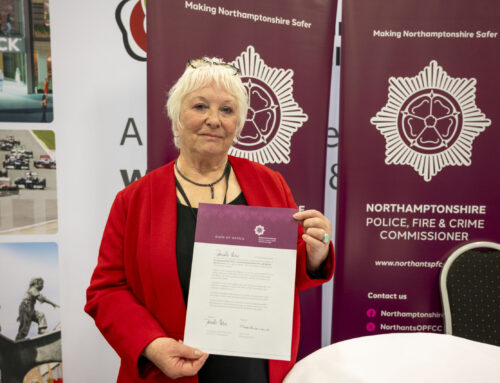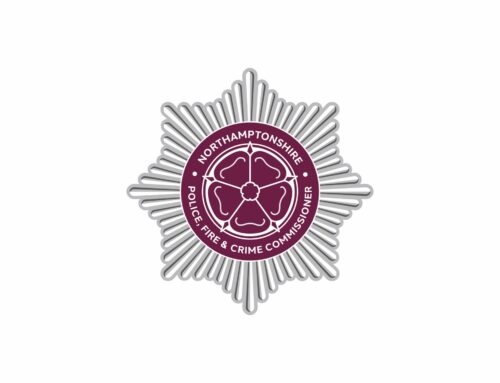
The Police, Fire and Crime Commissioner (PFCC) employs a specialist team to provide additional support to families and vulnerable young people who are at increased risk of becoming victims of crime or are likely to get involved in criminal behaviour.
The Early Intervention and Adverse Childhood Experience Team runs projects across Northamptonshire that focus on preventative initiatives targeting people who have been involved in domestic incidents or who are at risk of exclusion from school and referred by teachers to the Team.
This critical work feeds directly into the Commissioner’s priorities outlined in his Police, Fire and Crime Plan to divert young people away from crime and safeguard them from criminal exploitation. Students from schools in Northampton, Wellingborough and Thrapston have recently benefited from three specialist initiatives.
Tailored assemblies were delivered to The Progress Schools in Thrapston and Northampton and highlighted the dangers of knife and other violent crime, the consequences of getting involved in criminal activity and the impact crime can have on individuals, families and communities. These assemblies were well received by teachers and students and will be delivered to more secondary schools across the county over the coming months.
Early Intervention and ACE Officers from the team along with Police Officers aligned to the Youth Offending Service have also trialled drop-in sessions for students at Thomas Beckett School, Northampton and Wrenn School, Wellingborough. Two-hour sessions ran once a week over a 12-week period and gave students, who the school had identified as having emerging or concerning needs, the opportunity to seek informal guidance and advice.
Augusta Ryan, Senior Early Intervention and Adverse Childhood Experience Officer said: “We saw students talk freely about their concerns and engage in frank conversations about risky behaviours and the consequences of anti-social behaviour and knife crime. Several students went on to accept further support from our partners such as PADs, the Prevention and Diversion Service and the OPFCC Youth Team when previously this had been declined or not deemed necessary.
“Building trust and rapport over several weeks with students proved to be so successful, we are now continuing the project with another two schools this term and we have plans to engage with other schools after Easter.”
Two young people who attended the drop-in sessions were also invited to sit on the Northamptonshire Police Use of Power Scrutiny Panel in January with other members of the public. The panel, which meets bi-monthly, were shown video footage of police stop and search incidents. They were asked to assess whether the actions taken by the police officers were appropriate, whether procedures were explained fully and whether a situation could have been handled differently.
The meeting in January was the first one to involve young people and their input gave insight into how police activity is perceived by them and was an opportunity for them to understand some of the practices which the police force carries out.
Commissioner, Stephen Mold said: “Early intervention and engagement are key to understanding why young people get involved in crime and to prevent problems before they escalate.
“Without some support, these young people may well enter the criminal justice system, but the work being undertaken will hopefully improve their life chances and will prevent them from getting involved with or becoming a victim of crime.”




